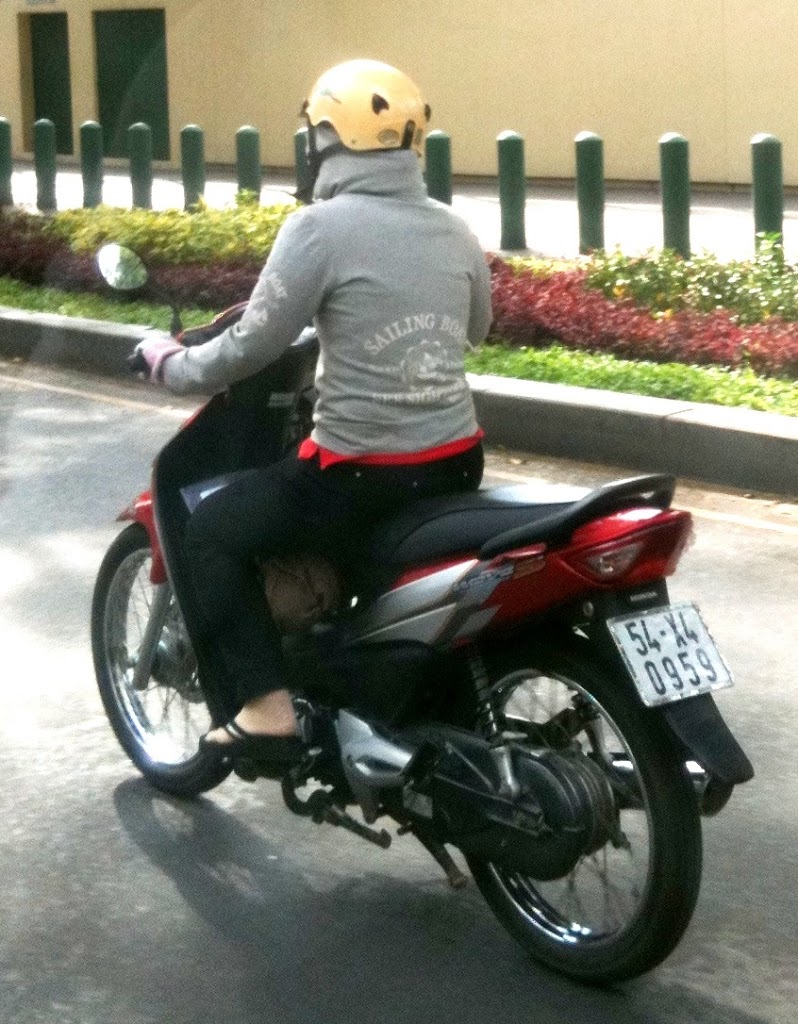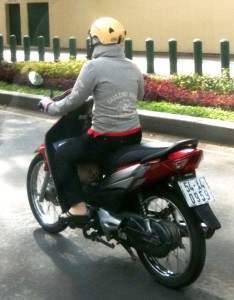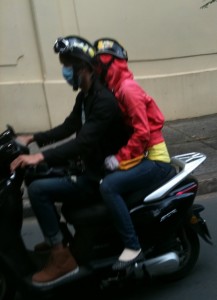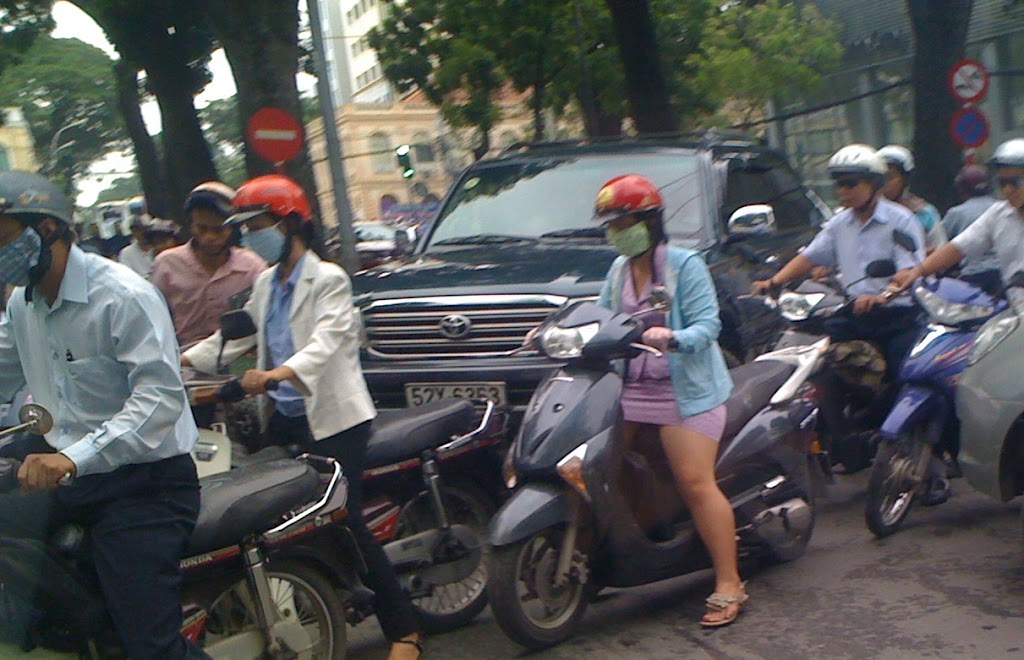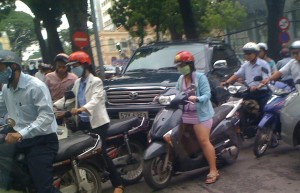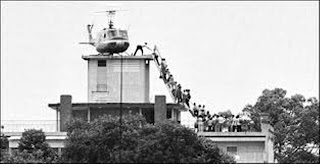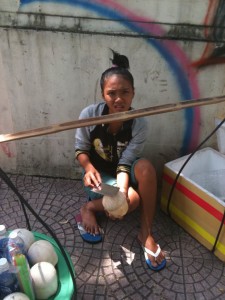 This girl is selling coconuts on the street near the Opera House in downtown Saigon. My guess is that she is 12 or 13. She’s there every day. I see kids like her all over town. Some are working in street cafes. Some are selling lottery tickets. Some are hawking postcards. Some want to shine my flip-flops. Some want me to buy Chiclets. The question that always comes to mind is “Why aren’t you in school?” The reason is simple; her family needs whatever she can make to keep food on the table and a roof over their heads.
This girl is selling coconuts on the street near the Opera House in downtown Saigon. My guess is that she is 12 or 13. She’s there every day. I see kids like her all over town. Some are working in street cafes. Some are selling lottery tickets. Some are hawking postcards. Some want to shine my flip-flops. Some want me to buy Chiclets. The question that always comes to mind is “Why aren’t you in school?” The reason is simple; her family needs whatever she can make to keep food on the table and a roof over their heads.
East Meets West has a scholarship program designed to help keep kids like her stay in school. SPELL (Scholarship Program to Enhance Literacy and Learning) is providing scholarships for more than 4500 students from the most impoverished families in Vietnam. These scholarships are incredible. Once the student is selected for the program, he or she is guaranteed a scholarship from the 6th grade through high school that includes tuition, fees, books, uniforms, mandatory tutoring, and a bicycle. No, education is not free in Vietnam. It costs roughly $150 a year to cover the cost of these items – minus the bicycle – and poor families simply can’t afford it. The reason SPELL starts in the 6th grade is that there isn’t much dropout in the lower grades, but at about age 11 or 12 the kids are big enough to help the family by contributing their labor. SPELL aims to help the families keep the kids in school where, if they hang in and graduate, there is a chance for a better life. 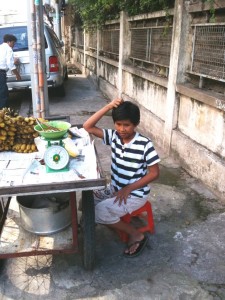 I pass this little guy, his sister or his mother every morning at 8 on my way to the office. They take turns working this cart, selling overripe bananas. I’ve never seen anyone buy anything from them but they are there every day. I wonder why he, too, isn’t in school but the answer is clear – his family needs his labor just to get by.
I pass this little guy, his sister or his mother every morning at 8 on my way to the office. They take turns working this cart, selling overripe bananas. I’ve never seen anyone buy anything from them but they are there every day. I wonder why he, too, isn’t in school but the answer is clear – his family needs his labor just to get by.
A friend of mine started the SPELL program in 2005. He was on a walking tour of Vietnam and he kept seeing kids like these and asking his guide why they weren’t in school. The guide told him their families couldn’t afford it. He asked how much it would cost and the guide told him $35/year. On the spot he said he wanted to underwrite 1000 kids. It turned out to be a little more complicated and a little more expensive, but there were a lot of after-market additions like tutoring and bicycles. Nevertheless, the program was born at that moment. The first group of scholarship recipients graduates this year and a new program, SPELL Goes to College is in the works.
A dollar goes a long way in Vietnam, and 4500 students are going to get a chance at a better life because of it.







